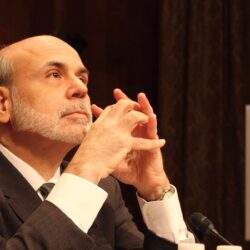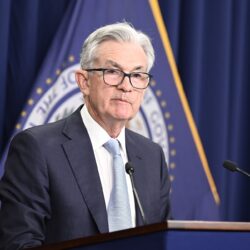
April’s Disinflation Delivery
“In the first quarter of 2024, the US economy expanded at a rate of 1.6 percent per year. That’s hardly an impressive growth rate, but it’s significantly faster than money supply growth. Money looks somewhat tight.” ~Alexander W. Salter





